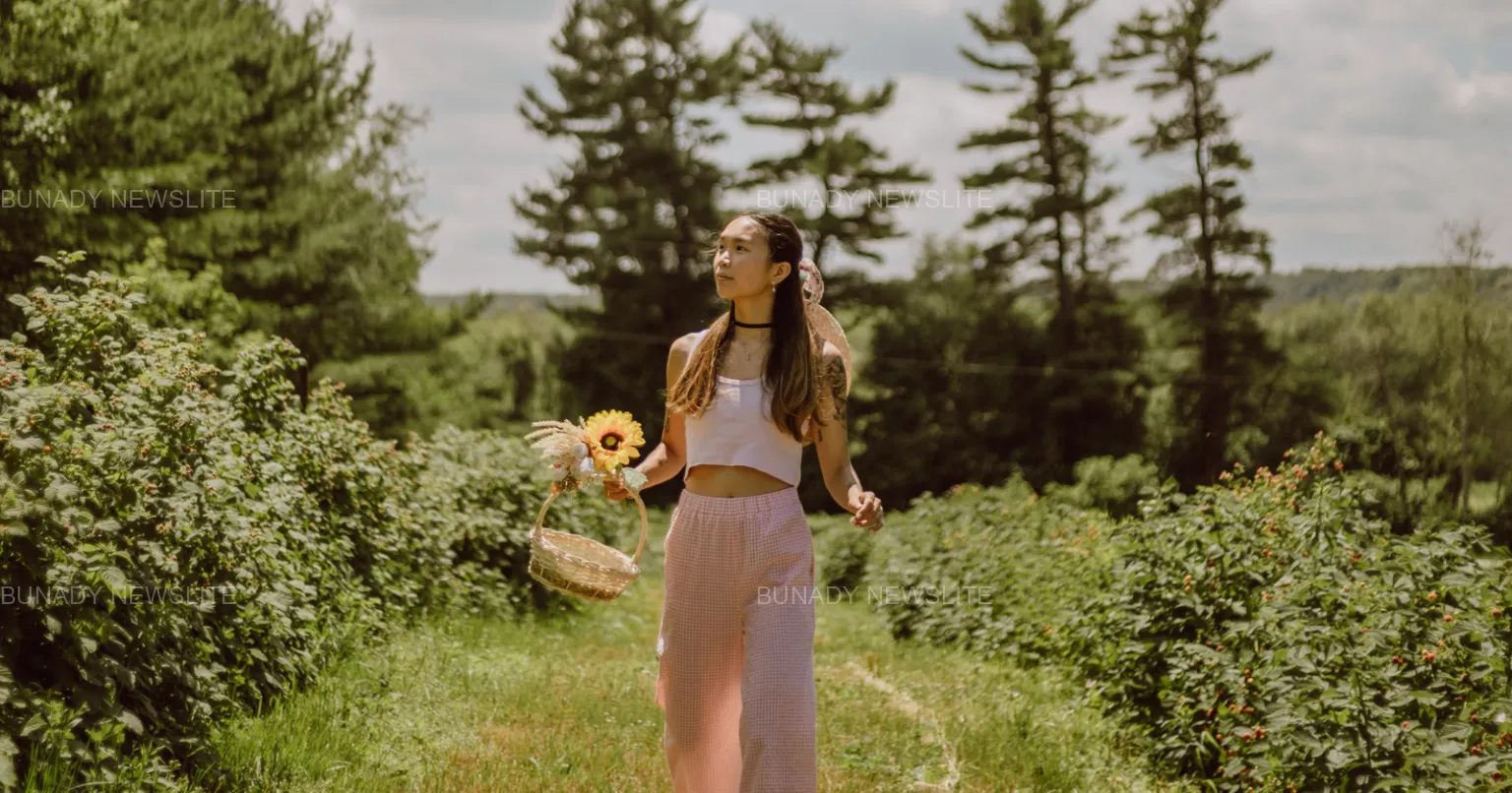Growing up in the hustle and bustle of New York City, I was no stranger to stress. The city that never sleeps, as they say, was my playground, and its relentless pace was a fundamental part of my identity.
With a high-pressure job in finance, I was living the typical fast-paced New Yorker lifestyle, constantly on the move, always plugged in.
However, beneath the surface of this exciting life was an escalating struggle with anxiety. Therapy sessions and medication were part of my regular routine, but they seemed to barely keep the anxiety at bay. It was a battle against an invisible foe that seemed to thrive in my urban jungle.
On a whim and with a desperate desire for change, I decided to take a sabbatical. I packed my bags and moved to Costa Rica, a paradise known for its laid-back lifestyle and beautiful scenery.
Upon landing in San Jose, I was immediately hit by the slower pace of life. This wasn’t just due to the lack of skyscrapers or honking taxis; it was ingrained in everything from the rolling rhythms of Spanish conversations to the leisurely meals savored rather than hurried.
In place of anxiety-inducing traffic jams were lush green landscapes; instead of quick sandwich lunches at my desk, there were long, relaxed meals with new friends. My days were filled with surfing lessons and yoga retreats instead of endless meetings and deadlines.
To my surprise, over time, I found my anxiety levels significantly dropping. The daily stressors that once felt like insurmountable obstacles began to fade away. The constant chatter in my mind quieted down, replaced by peace and tranquility.
Returning to the US after two years away was a stark contrast. Suddenly thrust back into the same environment that had once been my normal, I found myself grappling with an unexpected sensation: reverse anxiety shock.
Despite being born and raised in New York City, everything from the fast-paced lifestyle to the incessant noise felt alien to me.
This is my story of how leaving my home country led to an unexpected revelation about the impact of our environment on our mental health. Now, back on home soil, I find myself navigating a new kind of challenge: re-adapting to a life that once seemed second nature to me.
Rediscovering peace in Costa Rica
My first few days in Costa Rica felt like I was caught in a dream. Everything was slower, calmer, and incredibly peaceful. I rented a small house nestled between the beach and a vibrant rainforest. The rhythmic sound of ocean waves became my new alarm clock.
In place of my usual morning scramble for the subway, I started my days with a leisurely walk on the beach. Instead of grabbing a quick cup of coffee on the go, I savored my morning brew while watching the sunrise over the ocean.
As days turned into weeks, I began to notice subtle changes within myself. The constant knot of anxiety in my stomach started to loosen. The tightness in my chest, which had been a steady companion for years, began to ease.
Instead of facing each day with apprehension, I found myself waking up with anticipation and eagerness.
I began engaging in activities that nurtured not just my body, but also my mind and spirit. Surfing became a daily ritual, as did yoga and meditation. Even simple acts like reading a book or cooking a meal were done with mindfulness and enjoyed without rush.
Slowly but surely, the fog of anxiety started lifting, replaced by an inner peace I hadn’t experienced in years. It was an unexpected revelation – that our environment can have such a profound impact on our mental health.
But coming back to the US brought its own set of challenges. Many believe that home is where you feel most comfortable, but what happens when that’s no longer true?
The illusion of the familiar
Growing up, I was told that home is where you find comfort and peace. For the longest time, I believed that to be true. After all, New York City was my home, with its towering skyscrapers, its familiar sounds, its vibrant energy.
I was used to its rhythm, its pace, and its demands. But my experience in Costa Rica challenged this belief entirely.
Living in a slower-paced environment had a profound impact on my mental health. I found myself thriving in a way I hadn’t in years. Instead of constantly being on edge, I felt at peace. My anxiety didn’t just lessen; it virtually disappeared.
When I returned to the US, I was surprised by how alien my home city felt. The noise, the rush, the stress – it was all too much. What was once familiar now felt foreign and anxiety-inducing.
This led me to question the widely held belief that we are most comfortable in our home environments. But what if our ‘home’ environment is actually contributing to our stress and anxiety? What if the familiar isn’t always the best for our mental health?
It’s a perspective that doesn’t align with common beliefs about comfort and home. But experiencing life in Costa Rica and then returning to New York made me rethink these ideas.
Finding balance in an unbalanced world
The reverse anxiety shock was overwhelming. I was back in my home city, yet I felt like a stranger in a strange land. I knew I needed to find a way to manage this anxiety, to find a balance between the fast-paced New York lifestyle and the tranquility I experienced in Costa Rica.
I started by incorporating elements of my Costa Rican lifestyle into my daily routine. Instead of rushing to start my day, I took a moment each morning to enjoy my coffee and watch the sunrise from my apartment window.
I made it a point to disconnect from technology whenever possible. Instead of constantly checking emails or scrolling through social media, I made time to read a book or take a walk in the park.
I prioritized my mental health by maintaining regular therapy sessions and practicing daily mindfulness exercises. Activities like yoga and meditation, which had become staples during my time in Costa Rica, were now part of my routine back home.
But perhaps the biggest change was in my mindset. I learned to appreciate the slower moments in life. Instead of getting caught up in the NYC hustle, I consciously chose to step back and savor the quiet moments, the peaceful moments.
If you’re experiencing something similar, remember that it’s okay to challenge what feels familiar. It’s okay to seek a different environment if it means better mental health. And most importantly, it’s okay to prioritize yourself over societal norms or expectations.
In the end, home isn’t just about where you are physically. It’s also about where you feel at peace mentally. And sometimes, finding that peace requires stepping out of your comfort zone and embracing change.
Embracing change and reclaiming personal power
Navigating through life’s challenges is never straightforward. But there’s an undeniable power in taking responsibility for our situations, even when they’re not entirely our fault.
In my case, I could have continued living in anxiety, blaming my environment, or the stress of my job. But instead, I chose to take control. I moved to Costa Rica, changed my lifestyle, and experienced a profound shift in my mental health.
This journey taught me valuable lessons:
It’s crucial to acknowledge dissatisfaction and face the reality of our struggles.
We must understand the external influences and societal conditioning that shape our lives.
Our ambitions should reflect our personal desires, not externally imposed ones.
Breaking free from societal expectations is a powerful form of self-empowerment.
My return to New York was challenging, but it offered me a unique opportunity: to question societal myths and expectations that were limiting my potential. I realized that while New York was my physical home, it wasn’t where I felt at peace mentally.
This realization was a stepping stone towards aligning my life with my true nature, instead of conforming to societal norms.
In the end, it’s essential to remember that life is a journey of self-exploration. It’s about reshaping our reality based on our experiences and learnings.
Remember, it’s okay to challenge what feels familiar. It’s okay to step out of your comfort zone. And most importantly, it’s okay to prioritize your mental health over societal expectations. Embrace the journey, and reclaim your personal power.

